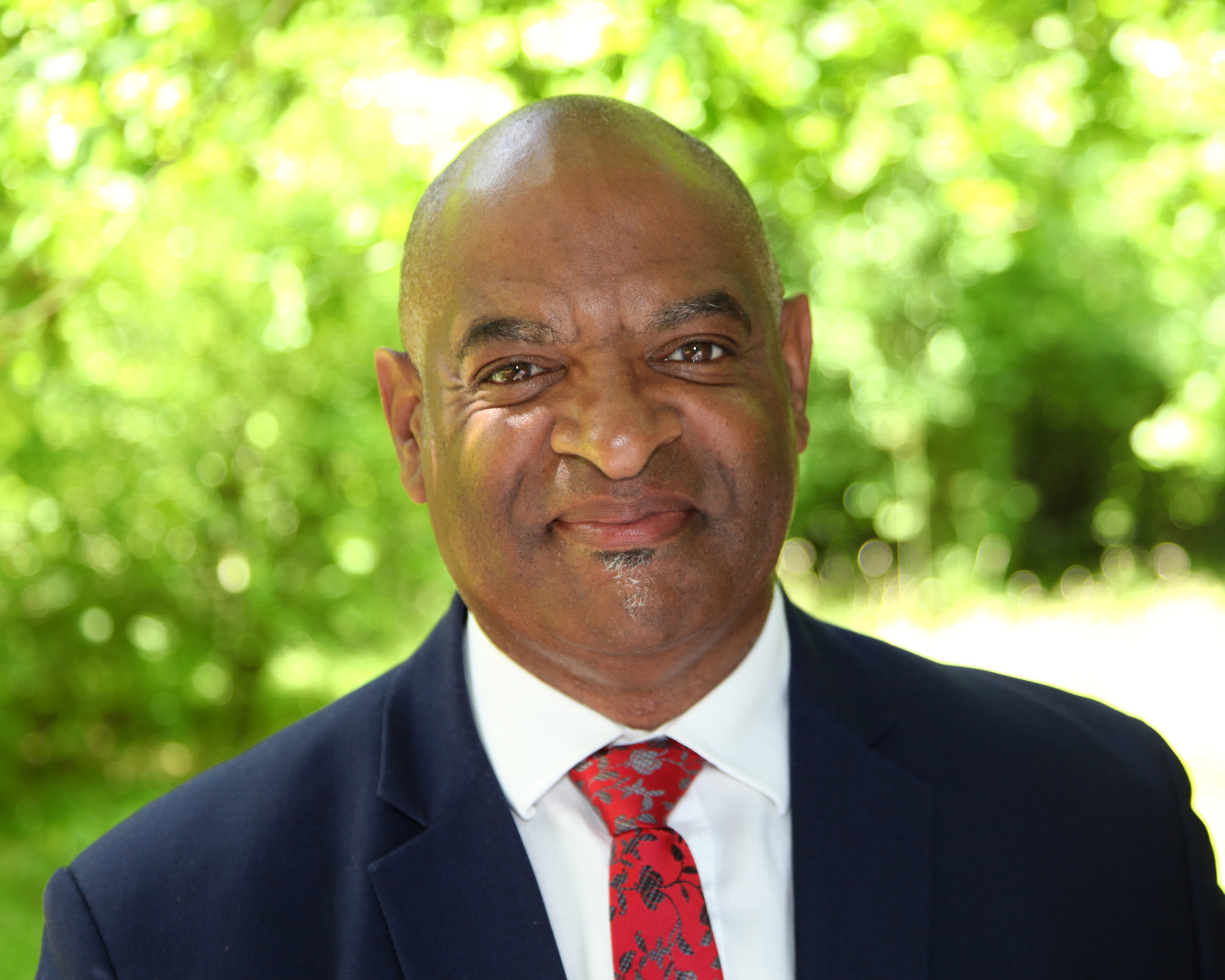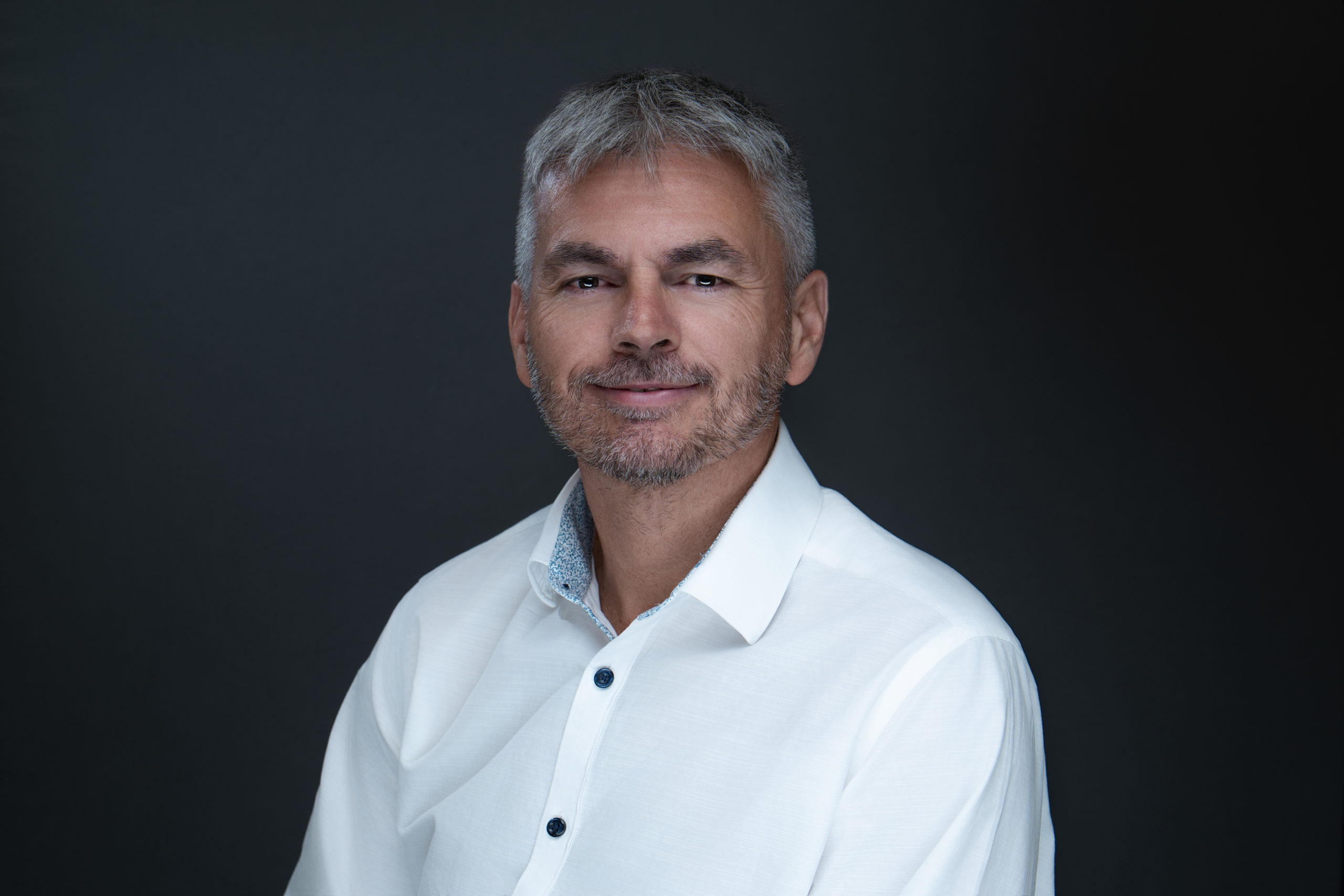
Modern Law sat down with Dr Wayne Wright, a.k.a. the Business Doctor, to discuss his approach to trends and challenges of 2024. Dr Wayne Wright has worked in some of the most celebrated corporate entities as well as fast-growing medium-sized businesses at senior and board levels. His experience is in the building of businesses from the bottom up with a clear understanding of the strategic elements essential in driving successful growth.
Q: Dr Wayne, as the Business Doctor, your expertise lies in diagnosing and solving business challenges. Can you share a pivotal moment or experience that inspired you to pursue this unique niche in the business world?
A: “It’s an interesting question because sometimes in life, things just crop up, and you think, ‘oh, that would be worth pursuing.’ So, there was an opportunity where a relative of mine had been having some business problems and was not quite sure how to get through them. I found that from just spending some time with them and working through their issues, we were able to get to the root of their problems. I think having a PhD doesn’t mean a lot for a lot of people in, but what it does do is it gets you to understand that attention to detail enables you to get to the root of things really quickly. I thought, ‘oh wow if I can do that for these people, I’m sure I could do that for others.’ We have a lot of clients that come to us, and they’re at their lowest and they’ve lost their mojo. They’re not quite sure which direction they’re going to go, and they’re trying to understand what it’s all about. I’ve been in business for 15 years, and I’m sometimes not quite sure. I enjoy seeing clients get their mojo back and seeing some hope going into the future in terms of what they want to achieve, and I’ve seen that turnaround in their personality. The emotional journey is just really heartwarming. That’s the bit that gets me out of bed really.”
Q: Many business leaders struggle with identifying the root causes of their problems. How do you approach diagnosing issues in a business, and what steps do you take to develop effective solutions?
A: “I think sometimes people think that every business has the same principles, but the route to get to where they want to go is completely different. It’s that listening element that you’ve got to be really clear about because what they may construe as the problem is not necessarily the problem. It’s letting them speak first and being really careful about understanding and reiterating back so that you’ve heard, and they know that you’ve heard what they’re trying to say. That builds trust because it means that they know you’re listening; you’re not just assuming a number of parities and paradigms in what they’re saying. Once you’ve done that, then you say, ‘OK, let’s dig a little bit deeper.’ When you dig a little bit deeper in terms of asking questions, root causes start to emerge. I would say that 80% of the time, the root cause is not what the client initially thought. The thing about business leaders and partners is that they get so involved in the detail, what I call the weeds of the business, and it’s sometimes difficult to take that step back and look at the bigger picture. My approach is to help clients take that step back and to look at the business as a whole and walk them through figuring out the root of their issues.”
Q: Can you give us a quick breakdown of your book, 10 Commandments of Business Growth? What inspired you to write it? Who should read it, and what do you hope readers take away from it?
A: “It’s quite funny, in fact, because for years I’ve been wanting to really put down some of the things that I felt were principles. When the pandemic came along, everything stopped. We told our clients we’re not going to be able to see you for obvious reasons so just take it easy, and if anything, we were telling them don’t spend any money with us. We just worked things through with them that they needed to be doing to be able to move forward as a business and organisation in that difficult time. During that time, I would say we did more pro bono-type advice and advisory, and as a result of doing that, I had a lot of time to be able to process things and think about my own businesses. I took the opportunity to dust off what I was working on for the last four years and I said, ‘well, let me just finish it, let’s just get it done.’ The beauty of it now is that you can actually do self-publishing. You can find it on Amazon, Kindle, and I even did an Audible version as well. So, you can hear my sultry tones on that, or not!”
Q: In your experience, what are some misconceptions that business owners or executives have about the health of their organisation and how do you help them gain a clearer perspective?
A: “Good question, in fact, because the Emperor with No Clothes Syndrome is quite apparent at times with us business leaders. So, there are a few things that we do, but the big one that really helps to understand the organisations we work with is a 360-leadership review. In my book, I talk about leadership as being the real key skill that defines those really great organisations from those that are not so great. We focus a lot around understanding your leadership potential, and part of that process is helping you, as a leader, discover what your strengths are. Then clearly, as Brits, we always focus on the bits that are not so great. I ask my clients to focus on their strengths for the time being, and make sure they are able to turn up the dial on their strengths. Part of the 360 reviews we do is our online assessment. You assess yourself as a leader based on a series of questions that you do online. Then your team does the same about you, and they get to assess you as a leader. The results of these assessments give you an overview of the climate and culture you create as a leader, and that gives you a good sense of how people see you and how you are behaving in your organisation. By doing that with some of the senior leaders or some of your key people, you get a really good indication of the health of the business, its culture, team, work, goals, focus, and commercial focus. We take that base data, which is qualitative and quantitative, and we say to people, ‘look, this is how the organisation sees you. So, let’s work on those things that will help you to improve the strengths that you have. The areas that you’re not so great at let’s do two things; either you raise your competency to be OK on those things or you delegate out and you get somebody who’s better than you to do it.'”
Q: Effective communication is often the cornerstone of a successful business strategy. What advice do you have for leaders looking to improve communication within their organisations, particularly during times of change or crisis?
A: “You can never over communicate. I think that’s the first line that I want to always tell any leaders, and you have to force a structure and a process to communicate. For example, if you’re a partner in a law firm, you should be communicating with the whole organisation once a quarter about how things are going, what their goals are, what they are planning to achieve, what the outlook is, and what they want to happen. It is vital that leaders set the vision, be really clear about what that looks like and how it will be achieved. Having your one-to-one meetings with your people on a regular basis, and your team-type discussions create varied and consistent two-way communication channels. Use this time to set the scene in terms of the vision within particular departments as well and then individually set goals and targets for individuals as well, and then review both on a regular basis. Keep people focused, keep people on track and more importantly ensure that their goals and aspirations fit into the department goals but also into the corporate goals. Doing this creates a clear line of focus that people can see that what they’re doing is making a difference to the overall vision and aspiration of the organisation.”
Q: A big topic being discussed in the legal industry at the minute is pricing. As we have seen with the cost-of-living crisis, almost everything has gone up in price and many legal firms have done the same to stay afloat. What do you think the long-term impact of rising prices will be? Do you have any advice for law firms on what they can do before they have to resort to increasing prices?
A: “Always sell on value, never on price. The problem with law firms is that they’re not able to communicate what makes them unique and what makes them different. We do a lot of work with organisations to try and understand what their sweet spot is. You have to ask yourself what is it that makes you different? What makes you unique? Why should someone use you as a law firm compared to somebody else? It is vital to understand what you are in terms of how you can distinguish yourself in the marketplace. Once you do that and you have clients who match that aspiration, it’s easy to do business because you’re able to solve their problems. If you’re meeting their needs and they see what you have compared to other organisations that should then allow you to sell and justify your price.”
Q: The COVID-19 pandemic has brought unprecedented challenges to the business world. How has the global crisis influenced your approach to helping businesses navigate uncertainty and build resilience?
A: “When COVID came around, it created a lot of uncertainty. Businesses hate uncertainty, and we’ve always said to organisations to plan for a rainy day. What I mean by that is that the organisation that struggled did not have the financial resilience to cope for such a shock. COVID is just an example, but a shock could be in terms of supply costs. For example, in the construction industry, supply costs have gone up 30-35%, and in manufacturing, some of the raw materials have gone up 40-50%. All that has to be passed on to the clients. Then some businesses are shouting because they’re saying we’ve got contracts that we can’t change those prices. There’s a whole host of different scenarios you need financial resilience for in an organisation to be able to cope with those types of shocks. What I mean by financial resilience is always have at least three to six months operating finances in your Kitty. Have three to six months’ worth of finances which pay for all your expenses, salaries, overheads, leasing, and any other business expenses that you have. So, if you have any sort of shock, whether losing a new client, raw material suddenly increases, you’re not able to pass on those costs to the marketplace.”
Q: Looking ahead, what do you see as the most pressing challenges or opportunities for businesses in the coming year and how can leaders proactively address these issues to ensure long-term success?
A: “Businesses will always have challenges. There are a number of things that come to mind. There’s certainly a fight for skills, especially in the legal sector, and I think that’s going to carry on. In the past, any legal practice outside London would be able to attract good people from the city and give them the opportunity to have a flexible working style and a better work-life balance. Now, because of remote working, what the London companies are doing is turning this on its head and offering work from home options and in some cases giving a 30% increase in salary. So, you’re getting this movement across London and other metropolitan type of areas where legal professionals are heading back to these places from smaller regional firms that are finding ways of cutting costs any way they can. That’s a big challenge that needs to be addressed, certainly for the regional ones, as clearly the metropolitan ones have solved their problem. It’s now down to the regional law firms and small law firms to ensure they hang on to their key people, and the way to do that is to have incentives and create partnerships which allow employees to have a bit more equity stake in the organisation. The other challenges are global pressures. There will always be global pressures, global issues. I always say to leaders control the controllables. You cannot control the election; you cannot control the weather. You can’t control whether people want to leave or not. Focus on things that you can control like providing a fantastic work environment, being close to your customers, and being close to your employees. Control these so employees and customers/clients don’t feel that they have to go elsewhere. If you do that, rather than focusing on the things you can’t control, then it allows you to be more focused rather than scattered all over the place and being pulled pillar to post by the wind of what the media says. So, control the controllables and focus on those things that are going to provide long-term growth in the business.”
Dr Wayne Wright, Managing Partner, [W]sq solutions




